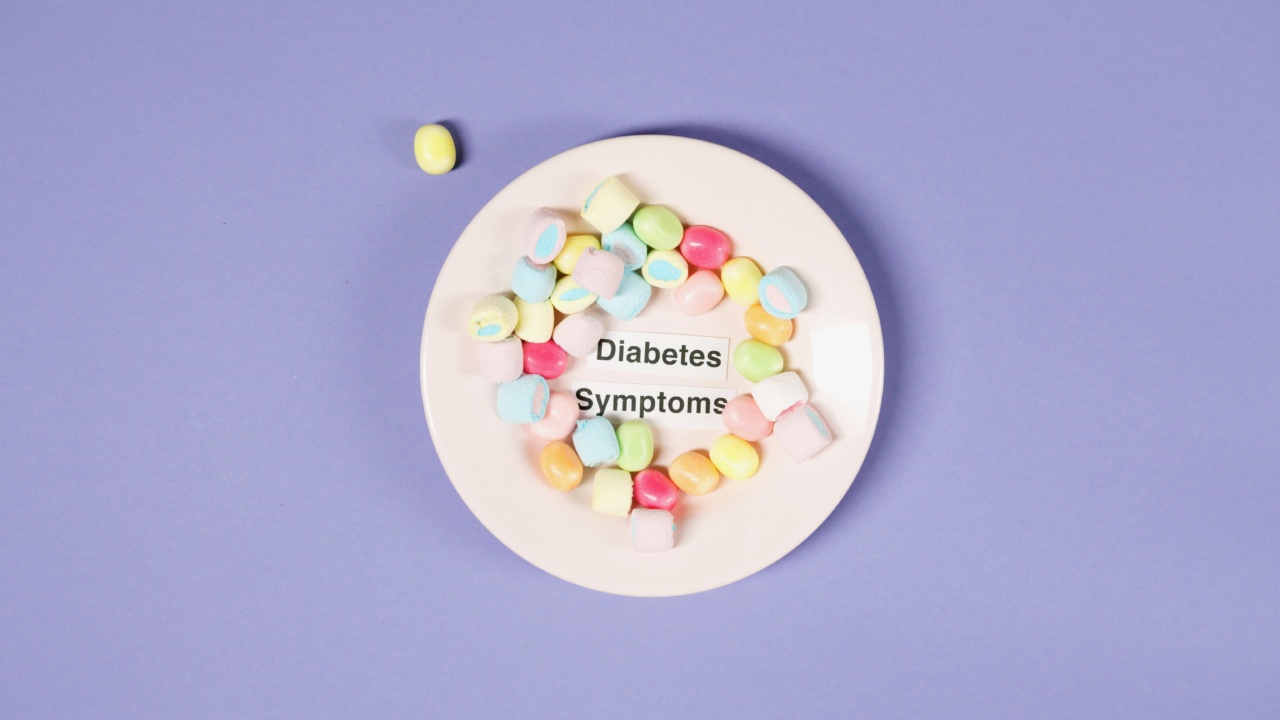Asthma is a chronic respiratory disease that affects the lungs and airways. It is a condition where the airways become inflamed and narrow, making it difficult to breathe.
There are various triggers that can cause asthma symptoms, such as allergens, exercise, cold air, stress, and infections. However, did you know that your diet can also impact asthma symptoms? In this article, we will discuss how your diet can affect asthma symptoms, and provide tips on how to maintain a healthy diet to reduce the risk of asthma attacks.
Asthma and Inflammation
One of the key factors in asthma is inflammation. Inflammation can cause the airways in the lungs to become swollen and narrow, making it difficult to breathe.
There is evidence that certain foods can trigger inflammation in the body, leading to worsened asthma symptoms. Foods that are high in sugar, saturated fat, and trans fats, have been linked to increased inflammation in the body. Therefore, it is important to limit your intake of these foods to reduce the risk of triggering asthma symptoms.
Omega-3 Fatty Acids
Studies have shown that omega-3 fatty acids can help reduce inflammation in the body. Omega-3 fatty acids are found in foods such as fatty fish (salmon, tuna), nuts (walnuts), and seeds (flaxseeds, chia seeds).
In addition to reducing inflammation, omega-3 fatty acids may also help improve lung function in people with asthma. Therefore, incorporating omega-3 rich foods into your diet may be beneficial for reducing asthma symptoms.
Antioxidants
Antioxidants are compounds that protect the body from damage caused by free radicals. Free radicals are unstable molecules that can cause inflammation in the body.
Foods that are high in antioxidants include fruits (berries, citrus fruits), vegetables (kale, spinach, broccoli), and spices (turmeric, cinnamon). By incorporating antioxidant-rich foods into your diet, you may be able to reduce inflammation in the body and improve asthma symptoms.
Vitamin D
Vitamin D is a fat-soluble vitamin that is important for bone health, immune function, and inflammation. Studies have shown that people with asthma who have low levels of vitamin D may be at an increased risk of asthma attacks.
Vitamin D is found in foods such as fatty fish (mackerel, salmon), egg yolks, and fortified foods (milk, cereal). Additionally, the body can produce vitamin D through exposure to sunlight. Therefore, it is important to ensure that you are getting enough vitamin D through your diet or sunlight exposure to reduce the risk of asthma attacks.
Magnesium
Magnesium is a mineral that is important for muscle and nerve function, as well as energy production. Studies have also shown that magnesium may help improve lung function in people with asthma.
Magnesium is found in foods such as spinach, almonds, avocados, and black beans. Incorporating magnesium-rich foods into your diet may be beneficial for reducing asthma symptoms.
Probiotics
Probiotics are beneficial bacteria that live in the gut and help support digestive health. Studies have shown that probiotics may also have potential benefits for reducing inflammation in the body and improving asthma symptoms.
Probiotics are found in foods such as yogurt, kefir, and fermented vegetables (sauerkraut, kimchi). Additionally, probiotic supplements are available for those who may not be able to get enough probiotics through their diet.
Sodium
Sodium, also known as salt, is a mineral that is necessary for fluid balance in the body. However, consuming too much sodium can lead to increased fluid retention and inflammation in the body. This can lead to worsened asthma symptoms.
Processed foods, canned foods, and restaurant meals are often high in sodium. Therefore, it is important to limit your intake of these foods to reduce the risk of triggering asthma symptoms.
Weight Control
Being overweight or obese can increase the risk of asthma symptoms. Studies have shown that overweight or obese individuals with asthma have more severe symptoms and require higher doses of medication than those who are of a healthy weight.
Therefore, maintaining a healthy weight through diet and exercise may be beneficial for reducing asthma symptoms.
Conclusion
Your diet can have a significant impact on asthma symptoms.
By incorporating foods that are high in omega-3 fatty acids, antioxidants, vitamin D, magnesium, and probiotics, and limiting your intake of sodium and foods that are high in sugar, saturated fat, and trans fats, you may be able to reduce the risk of asthma attacks. Additionally, maintaining a healthy weight through diet and exercise may also be beneficial for reducing asthma symptoms.






























